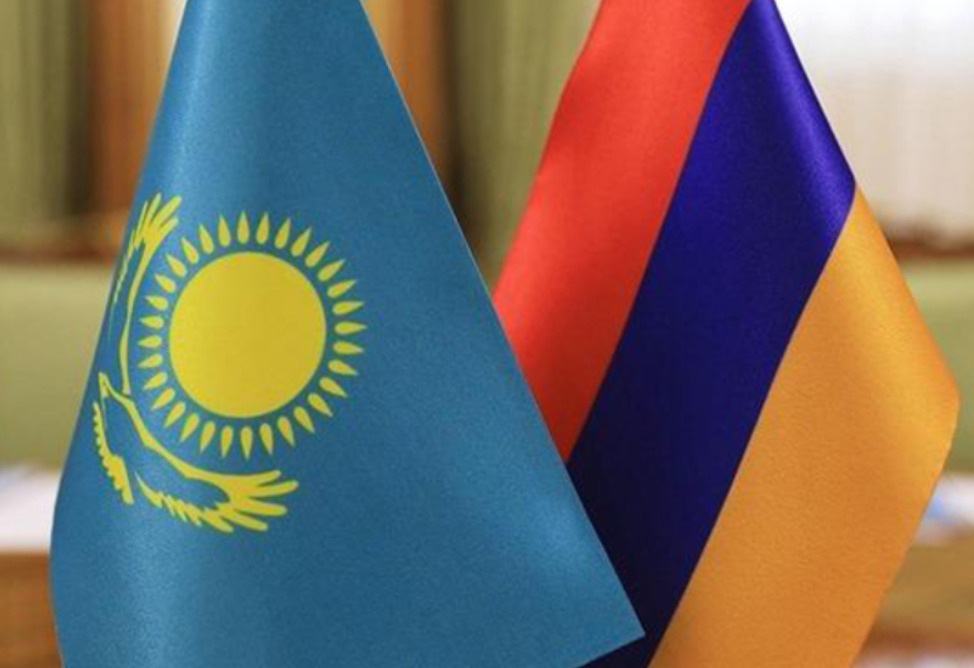Expert: economic crisis not defeated in Armenia yet
22.04.2011,
00:31
Armenia has not defeated the economic crisis yet, Tatul Manaseryan, an economic analyst, said on Thursday.
YEREVAN, April 21. /ARKA/. Armenia has not defeated the economic crisis yet, Tatul Manaseryan, an economic analyst, said on Thursday.
He told journalists that the crisis has already subsided in many countries, while Armenia is still gripped by recession.
The expert said the government should tell consequences of the global crisis from domestic economic problems. Otherwise, the country will always mark time.
Unlike Armenia, other countries took advantages from consequences of the crisis – they renewed their equipment, buying it from crisis-stricken companies at symbolic prices.
Some countries with similar problems even managed to make a breakthrough. For example, Kazakhstan’s figures show that when other countries faced economic decline because of the crisis, Kazakhstan reported growth thanks to the government’s efforts. Ara Nranyan, an MP from Armenian Revolutionary Federation Dashnaktsutiun, on his part, said that even in the event of the most optimistic scenario, economic indicators would be equal to pre-crisis figures, and in dollars this will be 16-20% less than in 2008.
In his opinion, the crisis gave an impetus for changing things, but the government has lost its chance to change something.
Nranyan is also opposed to the government’s money-borrowing policy. He said the growing debt aggravates things in Armenia and makes the country’s burden heavier.
According to official statistical reports, the country’s economic activity index rose by 17.6% in March 2011, compared with the previous month, but remained unchanged, compared with March 2010. Armenia’s debt reached AMD 1379.3 billion by late December 2010.
Analysis of the growth of the state debt showed that it has grown 4.8% or by AMD 108.5 billion since Dec 2009. Ratio of the state debt to GDP was 39.3%. ($1 = AMD 376.84). -0-
He told journalists that the crisis has already subsided in many countries, while Armenia is still gripped by recession.
The expert said the government should tell consequences of the global crisis from domestic economic problems. Otherwise, the country will always mark time.
Unlike Armenia, other countries took advantages from consequences of the crisis – they renewed their equipment, buying it from crisis-stricken companies at symbolic prices.
Some countries with similar problems even managed to make a breakthrough. For example, Kazakhstan’s figures show that when other countries faced economic decline because of the crisis, Kazakhstan reported growth thanks to the government’s efforts. Ara Nranyan, an MP from Armenian Revolutionary Federation Dashnaktsutiun, on his part, said that even in the event of the most optimistic scenario, economic indicators would be equal to pre-crisis figures, and in dollars this will be 16-20% less than in 2008.
In his opinion, the crisis gave an impetus for changing things, but the government has lost its chance to change something.
Nranyan is also opposed to the government’s money-borrowing policy. He said the growing debt aggravates things in Armenia and makes the country’s burden heavier.
According to official statistical reports, the country’s economic activity index rose by 17.6% in March 2011, compared with the previous month, but remained unchanged, compared with March 2010. Armenia’s debt reached AMD 1379.3 billion by late December 2010.
Analysis of the growth of the state debt showed that it has grown 4.8% or by AMD 108.5 billion since Dec 2009. Ratio of the state debt to GDP was 39.3%. ($1 = AMD 376.84). -0-



